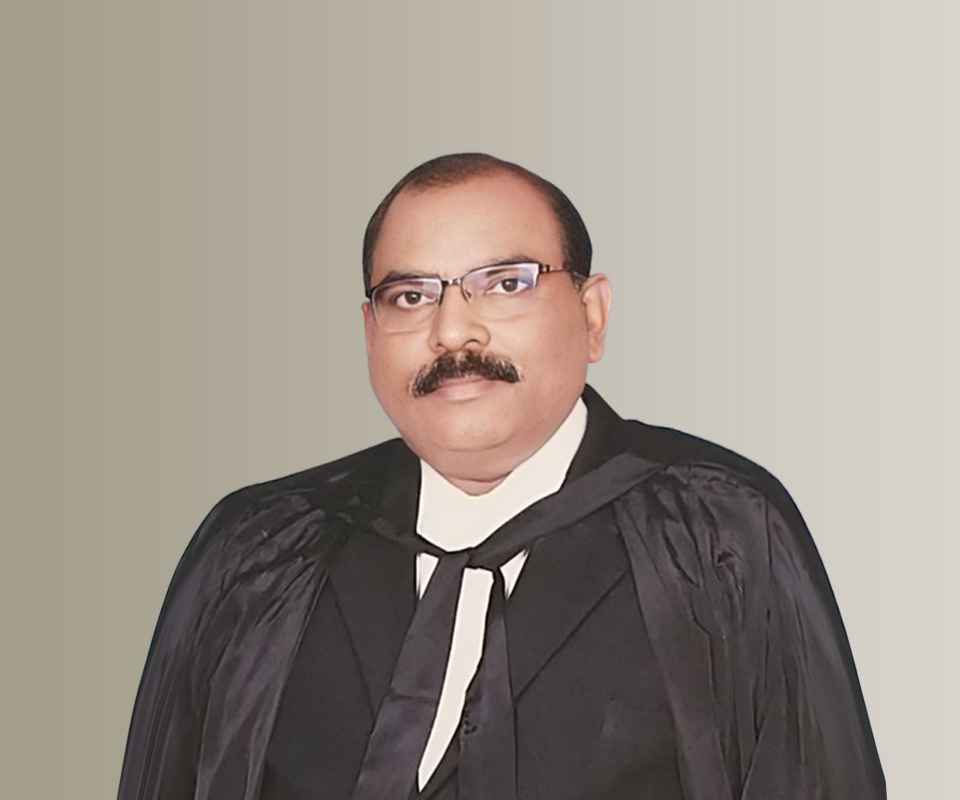Answer By law4u team
Elderly LGBTQ+ individuals face unique challenges when it comes to abuse and discrimination. Unlike their heterosexual counterparts, many LGBTQ+ seniors have lived through decades of social stigma, discrimination, and even criminalization of their identities. This historical context makes it especially important to ensure that their rights and safety are protected as they age.
The protections available to elderly LGBTQ+ individuals are multifaceted and encompass legal protections, supportive services, and advocacy organizations. Unfortunately, many elderly LGBTQ+ individuals are particularly vulnerable to abuse in the form of physical, emotional, or financial exploitation by family members, caregivers, or even within long-term care facilities.
Legal Protections for Elderly LGBTQ+ Individuals Facing Abuse
Anti-Discrimination Laws:
National and Local Anti-Discrimination Laws: Many countries have laws that prohibit discrimination based on sexual orientation and gender identity. This includes protection against abuse, neglect, and mistreatment in care facilities, health care settings, and at home.
India: The Indian Penal Code decriminalized same-sex relationships in 2018 (Section 377), marking a significant shift towards protecting LGBTQ+ rights. LGBTQ+ seniors are also covered under the Maintenance and Welfare of Parents and Senior Citizens Act, 2007, which ensures maintenance rights and protection from abuse and neglect.
USA: Under the Elder Justice Act and Violence Against Women Act (VAWA), senior citizens are protected from abuse, including domestic violence. There are also LGBTQ+ non-discrimination provisions in health care and housing.
Protection Against Elder Abuse:
Physical, Emotional, and Financial Abuse: Elderly LGBTQ+ individuals, especially those in care homes, are often at risk of physical abuse, emotional manipulation, and financial exploitation due to a lack of legal or social support. Both criminal law and civil law offer recourse to elderly individuals who are subjected to these forms of abuse.
Reporting Elder Abuse: In many jurisdictions, seniors have the right to report abuse, and there are special units (such as Adult Protective Services) that handle abuse cases. These agencies are trained to consider the unique needs of LGBTQ+ seniors, ensuring they receive appropriate attention.
Restraining Orders: For those facing abuse from a family member or a caregiver, legal protection orders or restraining orders can be obtained to prevent further harm.
Inclusive Care Facilities:
Many long-term care facilities, nursing homes, and assisted living homes now have specific policies that ensure LGBTQ+ seniors are treated with respect and dignity. However, abuse is still an ongoing concern, and advocates argue that many facilities are not adequately trained in providing inclusive care for elderly LGBTQ+ individuals.
Laws like the Affordable Care Act in the U.S. ensure that LGBTQ+ seniors receive equitable care in federally funded facilities, with provisions against discrimination based on sexual orientation or gender identity.
Health Care and Medical Rights:
Access to Health Care: The Affordable Care Act in the U.S. also ensures that seniors, including LGBTQ+ individuals, have access to healthcare without facing discrimination from medical providers. This protection ensures LGBTQ+ seniors are not denied care or mistreated based on their sexual orientation or gender identity.
In countries like India, though LGBTQ+ rights are improving, there is still a need for specialized support in health care for LGBTQ+ elders. Advocacy and awareness can help senior citizens access the medical care they need without the fear of bias.
Wills and Inheritance Rights:
Legal recognition of partners: Many elderly LGBTQ+ individuals face complications around wills and inheritance if their relationships or partnerships are not legally recognized. This often makes them vulnerable to financial exploitation or disinheritance by family members who may refuse to honor their partners or their choices.
Support Systems and Advocacy for Elderly LGBTQ+ Individuals
LGBTQ+ Elder Advocacy Organizations:
National LGBTQ Task Force: This U.S.-based organization focuses on advocating for LGBTQ+ seniors and their rights, particularly in long-term care and nursing homes.
SAGE (Services & Advocacy for GLBT Elders): A prominent U.S. organization that advocates for the rights of LGBTQ+ seniors, offers support services, and provides resources on healthcare, housing, and legal rights for LGBTQ+ seniors.
In India, organizations like The Naz Foundation and The Humsafar Trust offer resources and support for LGBTQ+ individuals in general, including seniors, focusing on legal advocacy, counseling, and community building.
Elder Support Networks:
Many cities now have networks of LGBTQ+ friendly elder care facilities and community-based services that cater to the specific needs of LGBTQ+ seniors.
Local community centers, helplines, and support groups also play a crucial role in providing emotional support and resources for older LGBTQ+ individuals experiencing abuse or needing assistance.
Specialized Helplines and Reporting Systems:
LGBTQ+ sensitive helplines are becoming increasingly available, where elderly individuals can report abuse or seek counseling in a non-discriminatory environment.
These helplines often ensure that those who call can speak to someone who understands the unique challenges faced by LGBTQ+ seniors and who can provide information on their legal rights, resources, and next steps.
Community Engagement and Awareness:
Training and education programs are important in raising awareness about elder abuse in the LGBTQ+ community. These programs teach both family members and care providers about sensitive caregiving and about how to ensure LGBTQ+ elders are respected and protected in care environments.
Outreach programs aim to educate police officers, social workers, and nursing home staff about how to properly handle cases involving LGBTQ+ seniors.
Example
Scenario:
An elderly gay man, Mr. Kapoor, living in a nursing home, experiences verbal abuse from a caregiver who openly discriminates against him for his sexual orientation. Mr. Kapoor feels isolated and unsafe, as the staff does not intervene. He reaches out to SAGE, a well-known LGBTQ+ elder support group, and is connected with Adult Protective Services to report the abuse. He is also referred to an LGBTQ+-friendly lawyer who helps him file for a restraining order against the caregiver and advocates for a safer environment for him within the facility.
Conclusion:
Elderly LGBTQ+ individuals face unique challenges when it comes to abuse and discrimination, but various legal protections exist to safeguard their rights. These include anti-discrimination laws, supportive care facilities, advocacy organizations, and specialized services. It is crucial to have a robust support system to ensure that LGBTQ+ seniors are not only protected from abuse but also respected for their identity and dignity as they age. Ensuring the safety of LGBTQ+ elders requires a collective effort from legal institutions, advocacy groups, caregivers, and society as a whole.







